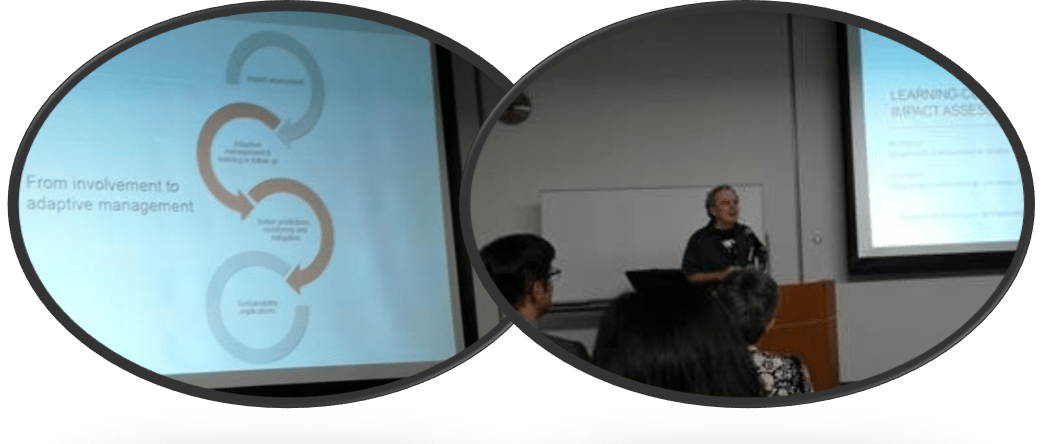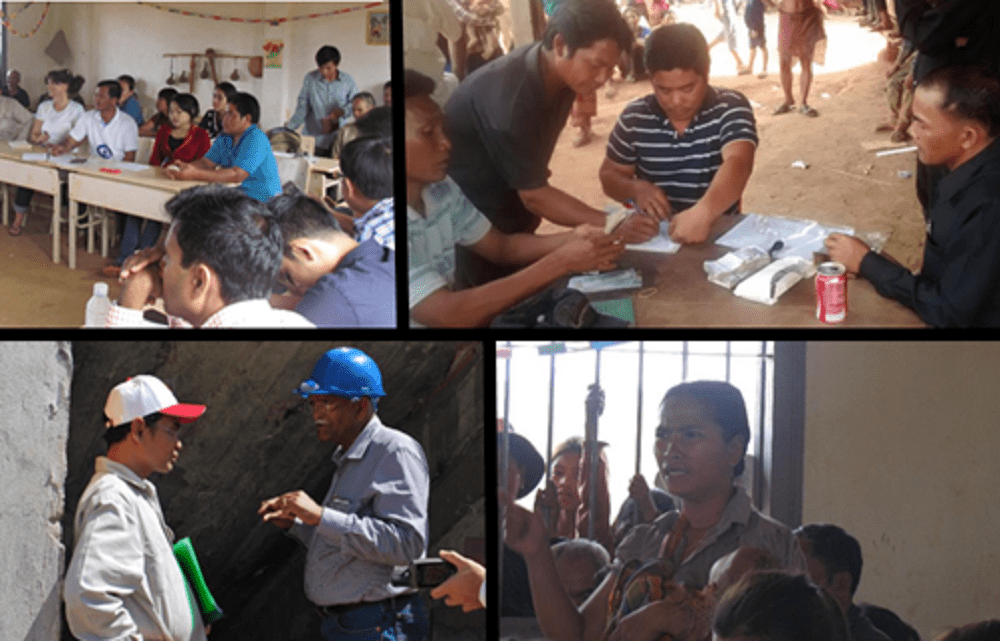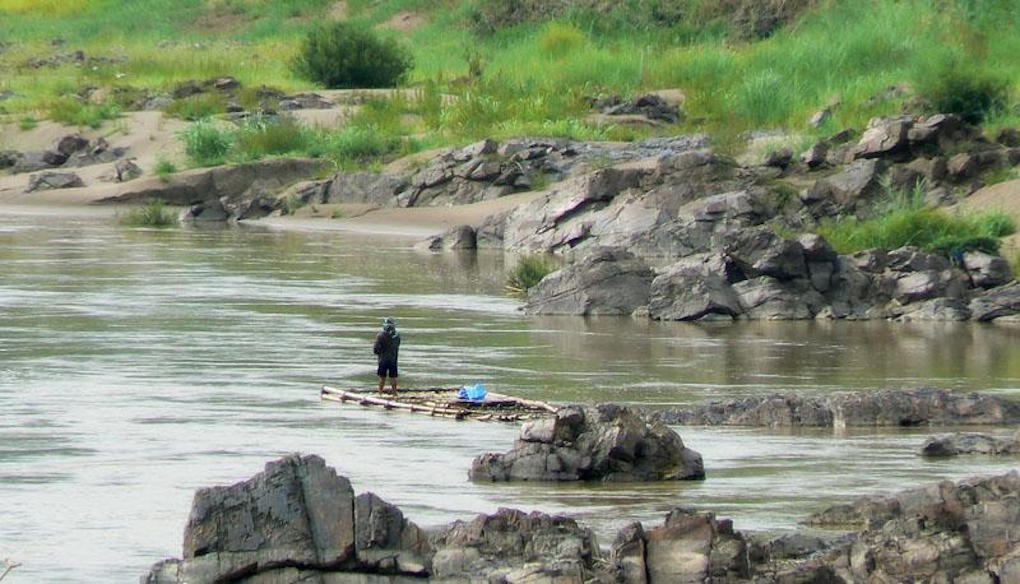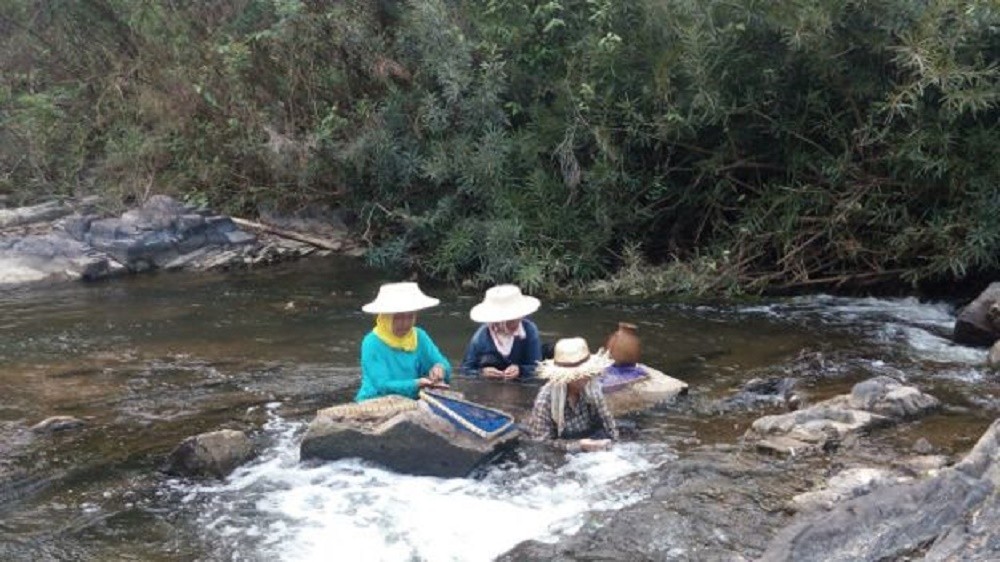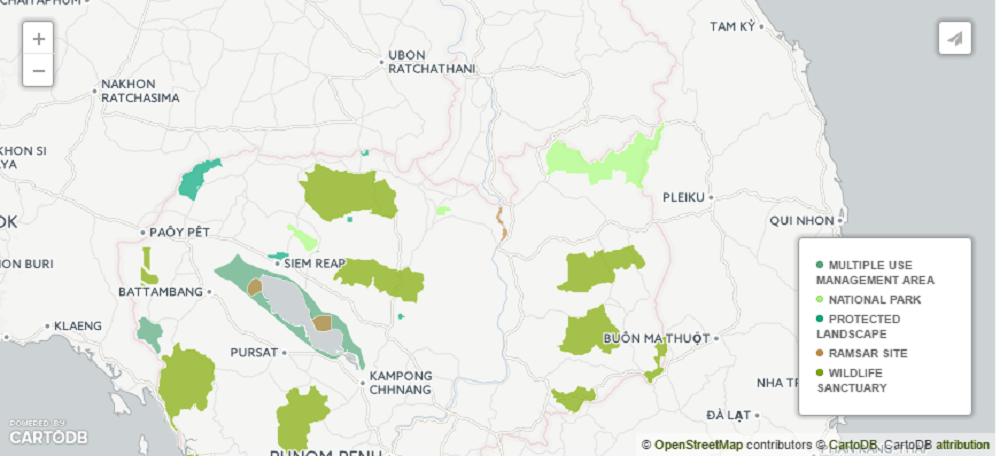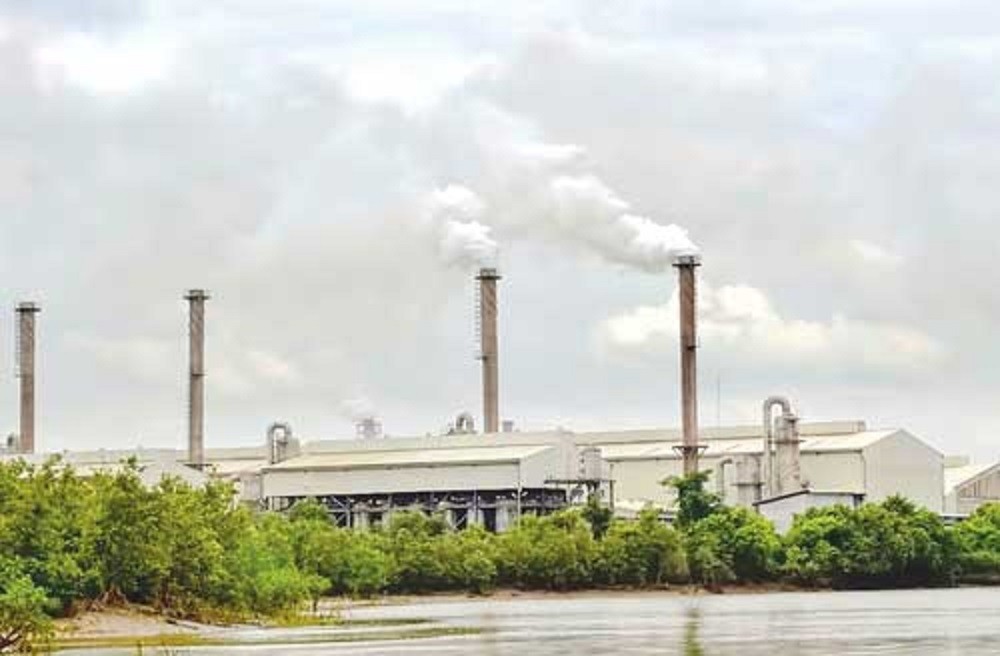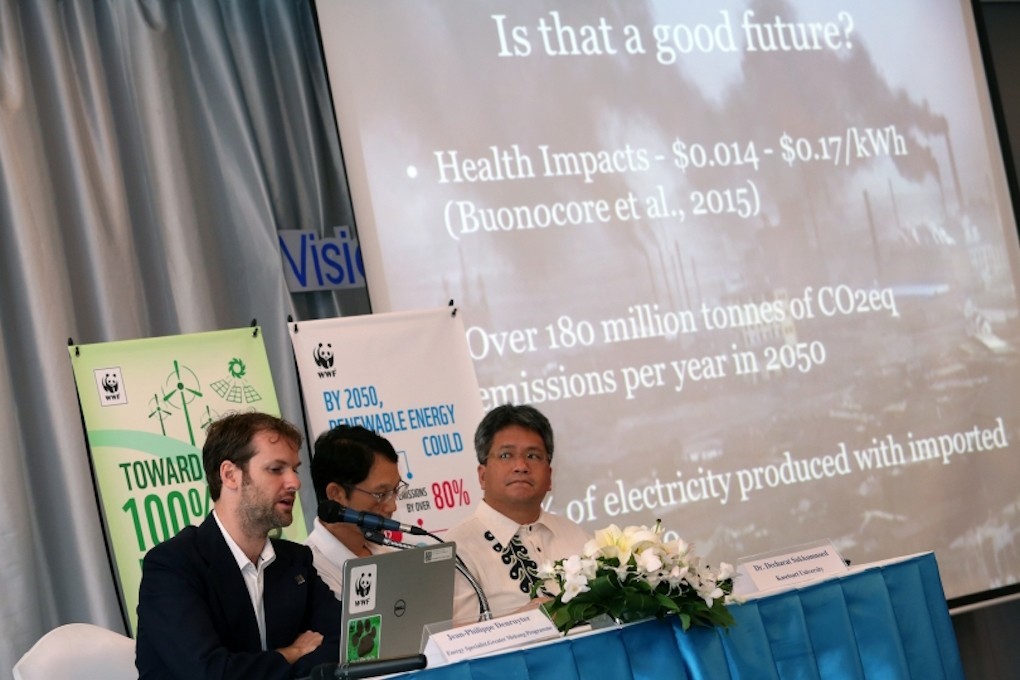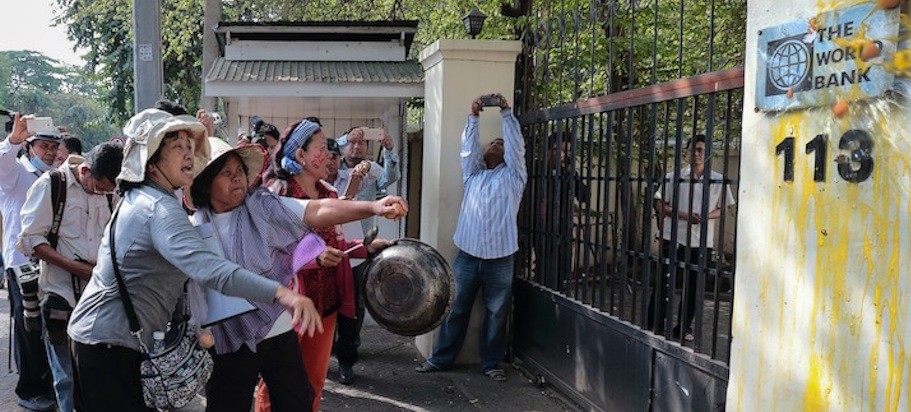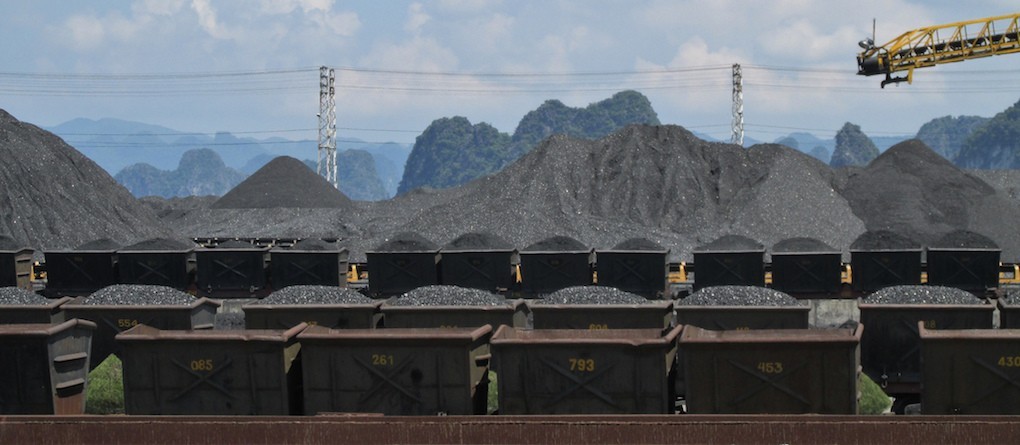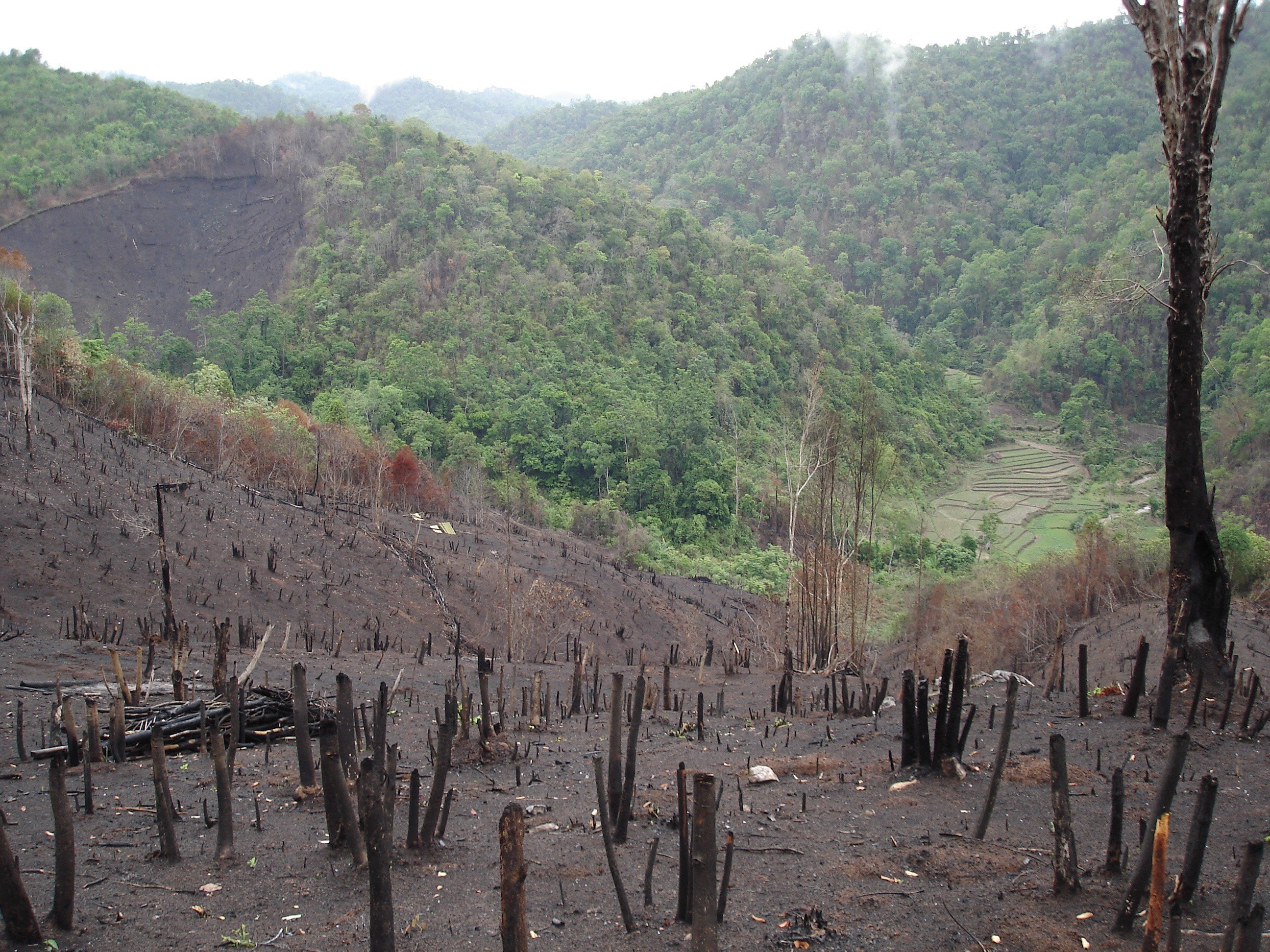Members of the Regional Technical Working Group on Environmental Impact Assessment (RTWG on EIA, facilitated by Mekong Partnership for the Environment) participated in the Annual Conference of International Association for Impact Assessment in Nagoya, Japan in May 2016. IAIA is a global conference focusing on Impact Assessment tools and issues such as EIA, Health Impact Assessment (HIA), Public Participation, Biodiversity, Climate Change, and other topics. Here, an RTWG member shares his thoughts on the event and particularly one session “Learning-Centered Approaches to Impact Assessment.”
Tag: policy
MPE’s Cambodian Civil Society Partners Make Major Contribution to New Mining EIA Framework
Cambodia’s Ministry of Mines and Energy and the Ministry of Environment have co-signed an agreement to improve Environmental Impact Assessment (EIA) requirements in artisanal and small scale mining projects. Mekong Partnership for the Environment (MPE) partner Development and Partnership in Action (DPA) and a network of CSOs they facilitate played a key role in advising the government prior to the final agreement. The agreement aims to bring better transparency leading to stronger public participation in EIA processes.
No authority to prevent new Mekong River projects: MRC
THE MEKONG RIVER Commission (MRC) does not have the authority to stop projects even if they have transboundary effects, delegates to the fourth Green Mekong Forum said on Monday, while the Thai Irrigation Department presented a water diversion project to fight poverty.
Around 100 delegates from Mekong River countries and international observers attended the forum in Bangkok to follow the latest developments in infrastructure and water resource management in the Mekong River Region.
Mekong Drought and Water War
Klang Village is located next to Loei river of Loei province, Thailand. In this area, there will be a project name Kong – Loei- Chi-Mun. This project aims to storage water for Thailand by dredging the Loei River further 5m deeply and spreading 250m wide of Loei estuaries. In addition, around 24 tunnels will be constructed at the bottom of the Loei river so there will more water volume from Mekong river flowing into Loei river, then to Chi and Mun river that help keep water for dry season in Thailand.
The head of Klang Village, Ms Sorarat Kaeswsa worried that if the river bottom is dredged, then there will be no fish anymore for their livelihoods. For many years their life has been based on this Loei river. The project director with the Thailand irrigation department, Ms Chawee Wongprasittiporn, said that the project will construct 1 to 2 tunnels first to see how water flows from the Mekong River to Loei River. Then they will decide about continuing construction or revising the plan.
Government Will Start Chipping Away at Protected Areas
Between 2009 and 2012, the Ministry of Environment went on nationwide leasing spree, signing over vast swaths of the country’s nominally protected areas to private companies for rubber plantations and other agribusiness ventures.
In the name of jobs and development, the companies have cleared tens of thousands of hectares of forest in and around their economic land concessions (ELCs), giving Cambodia one of the highest rates of deforestation in the world. As a show of his efforts to rein in the more wayward ELCs, Prime Minister Hun Sen announced in February that the government had taken back nearly 1 million hectares, a little less than half of the area leased out nationwide.
Loose management of FDI blamed for environmental disasters
The mass fish deaths in the central provinces in April were believed to be caused by untreated waste water from Taiwanese Formosa’s plant have once again raised public anger.
Eight years ago, the public was stunned by the discovery that Vedan, also a foreign invested enterprise, discharged untreated waste water, turning the Thi Vai River in Dong Nai province into a dead river. The polluter then had to pay VND119 billion in compensation for the damages it caused to aquaculture.
Mekong region could rely on 100% clean energy by 2050: WWF
THAILAND AND countries in the Mekong region should be able to rely 100 per cent on renewable energy by 2050 and escape the severe impacts of climate change, a World Wildlife Fund (WWF) study revealed.
The WWF held a press conference in Bangkok yesterday to disclose its latest study on sustainable energy in Thailand and four countries in the Mekong region. The study showed that these countries can produce and use electricity from solar power, wind power, biogas and small run-of-the-river hydroelectricity.
World Bank to re-engage after five-year absence
The World Bank has approved $130 million in developmental aid aimed at reducing poverty in Cambodia, signalling its first direct re-engagement with the Kingdom since it left in protest in 2011 after one of the largest forceful evictions led by the government displaced more than 3,000 families.
The decision came last week when the World Bank’s executive directors voted on a new Country Engagement Note (CEN) that approved financing of four projects including infrastructure development, clean-water projects, agriculture production and access to health care.
Scientists recommend fewer coal power plants
Vietnam Scientists are concerned that coal power plants would still provide 50 percent of the nation’s total electricity output in the future.
Hun Sen Declares Major Forestry Shakeup
In what he characterized as a shakeup aimed at curtailing the autocratic whims of the forestry and fisheries administrations, Prime Minister Hun Sen announced on Thursday that he was placing both bodies under the authority of provincial governments.
The premier delivered a speech canvassing a wide range of environmental issues in which he also said those holding remaining forest concessions—which date back to the 1990s and were placed under moratorium in 2001—must hand them back or have them forcibly reclaimed by the state.


